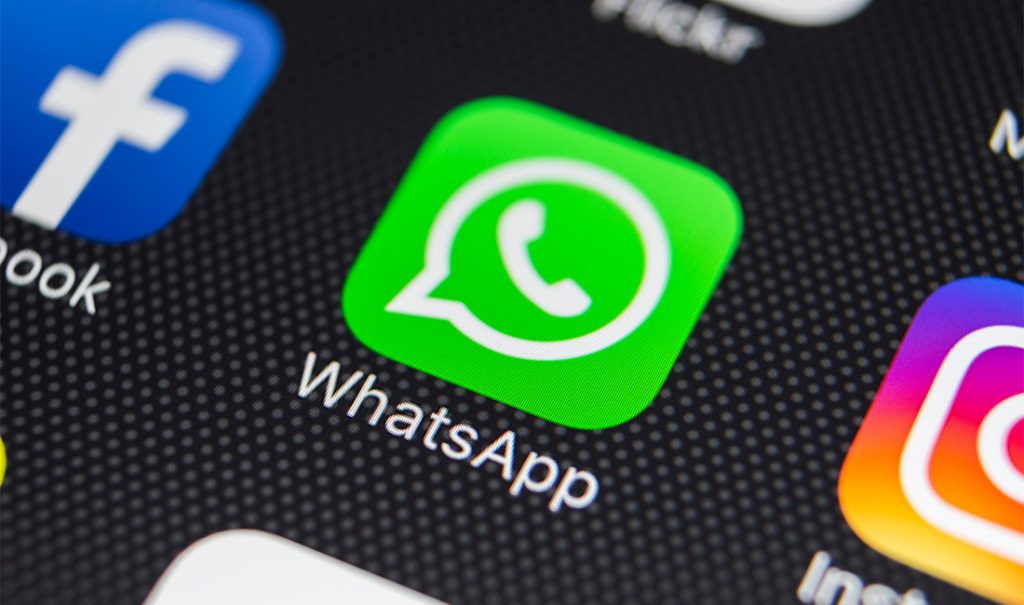RIO DE JANEIRO, BRAZIL – The network of disinformation that spread fake news and pro-Bolsonaro misrepresentation by the WhatsApp app during last year’s elections, with the use of robots and mass messaging, remains at least partially active to this day. Data collected indicates that 80% of the accounts in the messaging application were in operation at the beginning of the week.

UOL analyzed 1,690 national and international telephone lines, WhatsApp accounts and groups, mapped by two groups of digital activists who sought the report: “Brazilian Programmers for Plurality and Democracy” and “Hackers for Democracy”. Of the 1,690 WhatsApp accounts associated with telephone lines, 1,355 are still active.
At the top of this list are WhatsApp accounts with robotic software that operate the accounts automatically to spread messages as if they were real people.
The frequency of the messages shows these features, according to three independent experts consulted by UOL, one of them a prosecutor’s investigator specializing in cybercrime and corruption. One of the accounts even sent 14 different messages in a period of just 30 seconds.
Of the 86 international cell phone numbers identified by digital activists that were fake news and sent mass messages during the election, 38 of them (45%) remain active.
Of the 1,504 national groups that sent out the most pieces of fake news in the 53 most active public support groups for the then-candidate Jair Bolsonaro, monitored during the
election – the majority created and sent by international numbers -, 1,283 of those (85%) had their accounts in the active messaging app earlier this week when they were checked by the survey.
In the third listing of 100 national numbers that sent fake news during the elections, according to the survey made by digital activists, 34 are still active in WhatsApp message groups.

For Marcelo Vitorino, professor and digital marketing consultant who also works in political campaigns, the flow of the messaging means that it was not a natural sending of messages from supporters of President Jair Bolsonaro, the so-called “organic” messaging. There could be money involved.
“One possibility is robot behavior,” he says. “The other possibility, which is more serious, is for you to pay people to do this job manually. There are only two ways. It doesn’t seem to be organic. It’s a content dissemination organization,” says the professor.
In addition to the frequency of the messages, WhatsApp accounts associated with national lines that sent out most of the fake news also have other characteristics of the performance of robots.
The accounts do not have a person’s name, photo or contact information in their profile. The UOL randomly called dozens of numbers with these characteristics in the list. Most were blocked to receive calls, although active in the messaging application. Only one person, a resident of Minas Gerais State, answered the call. He denied sending the messages and stated that he had already reported twice that he suspected his line and Whatsapp account had been cloned.
Professor David Nemer, Ph.D. in information technology anthropology from the University of Indiana and professor at the University of Virginia, USA, says it is normal that some phone lines are blocked for incoming calls although they remain as WhatsApp users free to send out messages.
“If you have one way, and there are several, to get the WhatsApp to validate your number, you can put any number there,” Professor Nemer said. Since March last year, he has been following the behavior of users and application groups in support of President Jair Bolsonaro.
After the elections, the activity of these profiles decreased, but part remains active and sending out messages in support groups to the president, which are then shared organically from group to group.
Source: UOL

